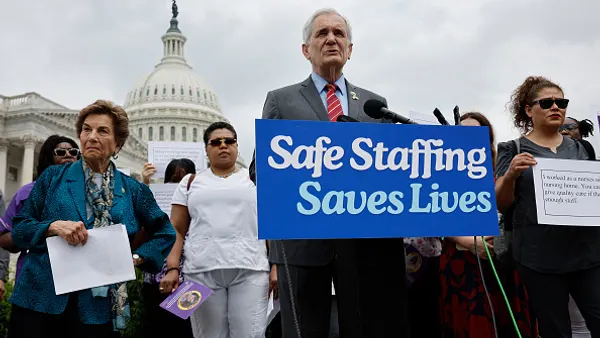Dive Brief:
- “Drastic differences” exist between how women and men experience flexibility at work, according to a report released Sept. 22 by Werklabs and The Mom Project — and women’s needs are not being met, the report said.
- A “lack of consistent organizational support” can result in certain flexible policies not being applied evenly, the report noted, and the impact of such support is “nearly two times greater for women than men.” In other words, women tend to need organizational support, while men tend to be fine with only manager support and may be less affected by organizational uncertainty.
- Women are also far more likely to state that their ideal work schedule involves flexible hours within a scheduled day; men, on the other hand, are far more likely than women to state that pre-scheduled days and hours work for them.
Dive Insight:
While flexibility has become a boon for many, a lack of organizational intent and manager training can impede the progress of the employees whom flexibility is intended to help, other studies suggest.
A report from Perceptyx released March 2021 noted that women who worked from home at least part time were close to a third less likely to have received a promotion in the past year, regardless of “working situation.” Perceptyx’s report pinned this in part on managers needing to be more intentional about engaging with and recognizing those who work remotely, something it said likely will require more training.
That said, flexibility is still a key way employers can recruit and retain women at all levels of an organization. Top companies on Forbes' 2022 list of best employers for women tended to have flexible options, as well as a high percentage of women in leadership positions.
Access to flexibility, however, is particularly low for Black and Latina women — two groups heavily hit by pandemic job losses. A study by Werklabs and The Mom Project found that one-third of Black mothers and one-fourth of Latina mothers said they couldn’t work remotely during the pandemic, compared to one-tenth of White and Asian mothers saying the same.
In response to ongoing storylines about the Great Resignation, Michael Collins, a VP at Jobs for the Future, wrote for HR Dive that employers need to recognize that their recruitment practices still aren’t reaching Black workers and that many are still concentrated in jobs with low wages and low access to flexibility.














